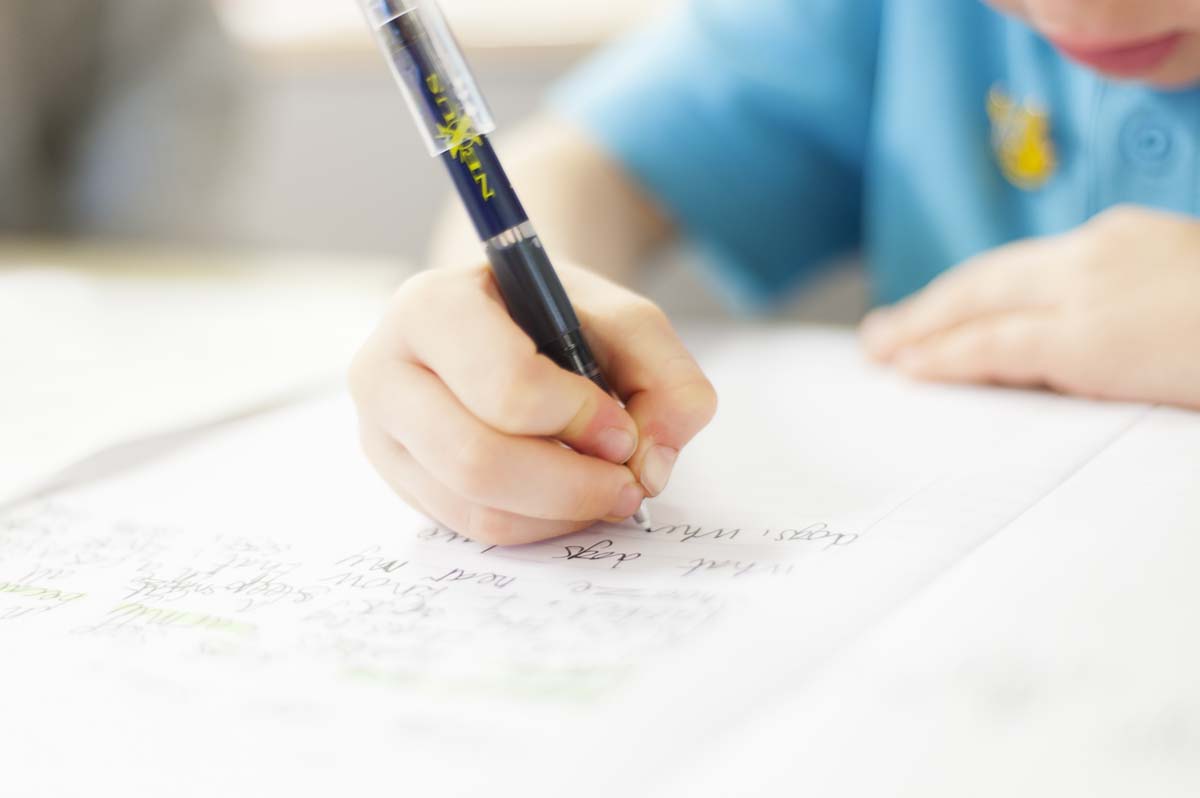Homework Overview

Below you will find links to differentiated homework – in Maths and English – for each week throughout Reception, Year 1 and Year 2. Remember to see your child’s class teacher if you have any questions about your child’s homework, or any other aspect surrounding their education.
Homework by Year group
- Click here for more information on homework in the Nursery
- Click here for more information on homework in Reception
- Click here for more information on homework in Year 1
- Click here for more information on homework in Year 2
- Click here for Additional Materials to Support the Year 2 Curriculum
- Click here for Bumble Bees’ Homework
Make Marvellous Memories!
Whilst we offer the above links for your convenience, homework is not all about “doing sums and spellings”. We actually increasingly believe that children also need meaningful memory-making experiences with you! You should find quality time each week, with the TV off and your mobile phone away, during which you have fun with them: play, make, create, explore, pretend, build, find out, experiment, grow, taste, get messy, look, laugh, bond and connect with your child. Make a meaningful memory with your child that they will look back and remember fondly when they are older, when playing with their own children. Doing so will deepen their connection with you and help to make them more rounded and emotionally resilient for later life. Your child will only be young once – cherish some quality time with them.
How can I help my child with their reading at home?
Every day your child must come to school with their yellow book bag, containing:
- Their (colour banded) Reading Book.
- A book containing (increasingly more complex) phonics and tricky words to learn.
- A Reading Diary.
- Their weekly Homework Sheets (which will have their own return-by date).
Every night, get your child to practise the tricky words and sounds found in their (usually yellow) spelling book. These need to be just learnt by rote (recitation). Once they can recall all the words/sounds, see your child’s teacher for some more and extension activities.
Every night, hear your child read their reading book for 10-15 minutes. See our Downloads page for guidance on questions to ask your child and what to say or do if they are unsure of a word/get stuck.
Most children (unless they are reading Lime Green or above) will take home a new reading book every day. If you child brings home a book from an incorrect band/colour, talk to your child’s teacher. Reading with fluency, expression and punctuation is just as important as your child understanding the text in hand. If you think your child’s book is too easy/hard, once again, talk to your child’s class teacher. By arrangement, you can take home more than one reading book, if you wish.
As children read increasingly more complex texts (from Gold and above), inference and reading beyond the literal will become the priority. Your role will evolve to helping your child understand the complexity of the text, establish meaning and helping them to make connections with life experiences and themes within. By this stage your child will be able to read silently with 99% accuracy, but you should not assume they understand what has been read! You checking, probing, asking and bridging gaps in their (evolving) understanding of the world is crucial at this stage. (Once again, see our Downloads page for further guidance). For these more complex texts, get your child to make and keep a book-mark.
The Reading Diary is simply for you and your child to write in together. It is not a means of home/school communication and our teachers do not write in them. It’s always best to talk in person if you are unsure, need help or have a question about furthering reading or any other aspect of learning.
Every night, please try and read a story book to your child every night before bedtime. (Even the older children will love to see and hear you read).
Finally, we want our children to love rich and high-quality texts. We usually spend £20000 each year on purchasing new, fresh and exciting texts for our children.
To help, please:
- Enjoy the books.
- Look after them.
- Return them each day.
- Notify our staff if a book has become damaged or soiled.
